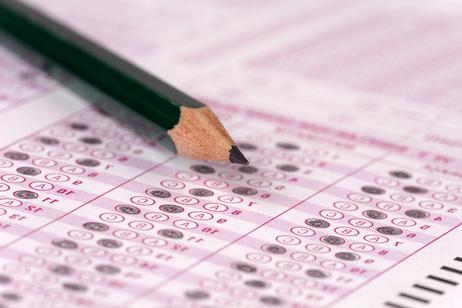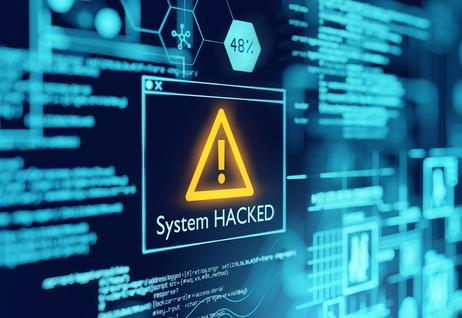Get Your ACT Together!
What is ACT?
The California Department of Education answers that question as follows:
The ACT test is designed to assess a high school student's general educational development and ability to complete college-level work.
How do colleges use ACT?
Many colleges use the ACT results as one factor in the admissions process. ACT, a non-profit organization, has developed the test administered in locations around the world.
This video explains ACT.
What does the test cover?
From the ACT website:
"The ACT test covers four subject areas: English, mathematics, reading, and science. Each subject area test receives a score ranging from 1 to 36. The composite score is the average of all four subject area test scores. Many colleges and universities use ACT scores as one factor in making admissions decisions."
When can you take the test?
The ACT is administered here in the United States seven times a year. International testing takes place five times a year. Be sure to consult ACT's website to confirm upcoming test dates and register. Don't wait until the last minute to register.
How much does the test cost?
In 2021 ACT costs $85 for the test and the writing component. If you cannot afford the test, you can apply for a fee waiver.
What if I am homeschooled or require special accommodations?
Homeschooled


























